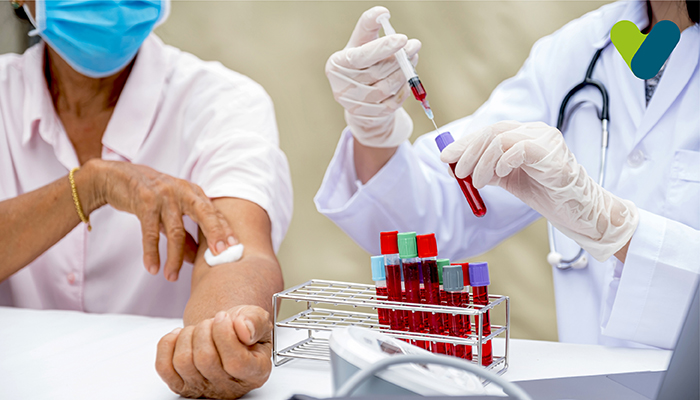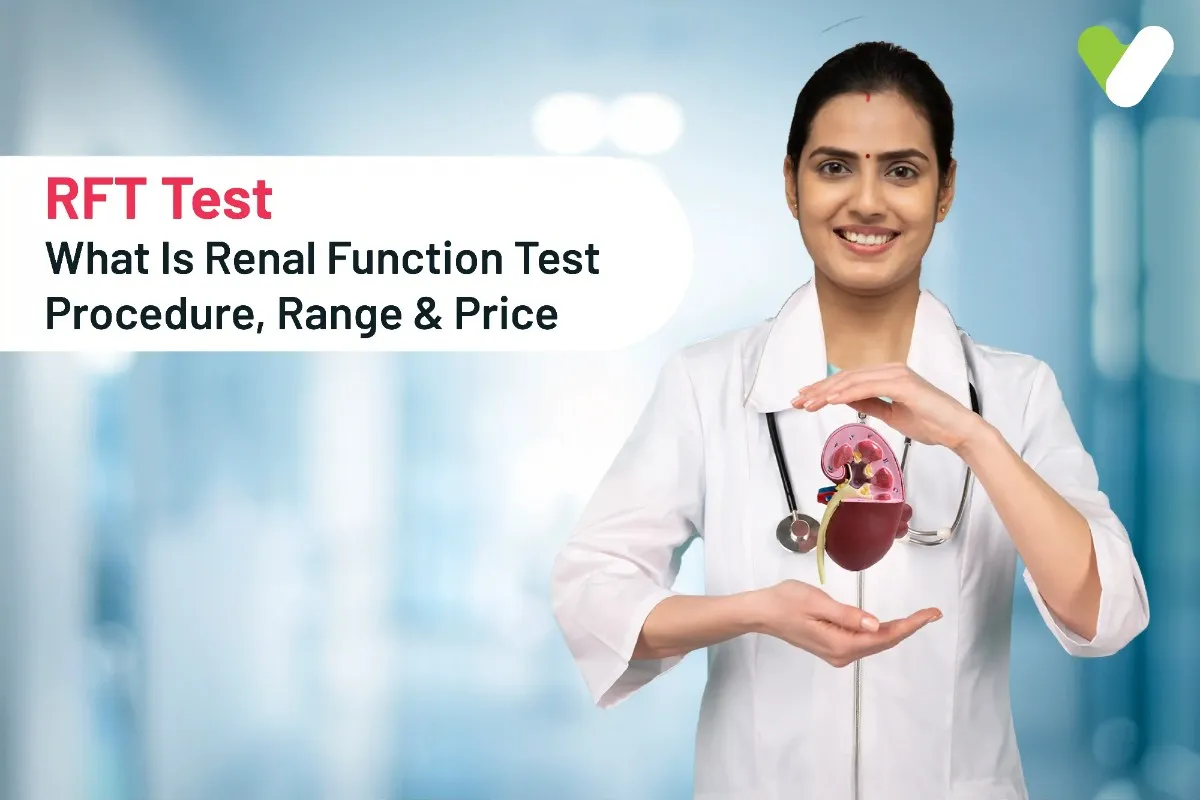Coronavirus disease or COVID-19 is deadly disease caused by the SARS-CoV-2 virus. Coronavirus disease has been a pandemic through these years. It was first identified in Wuhan, China in December 2019. We have seen many variants of the disease emerging, and we have also tried to tackle through the first wave and second wave until now and are still trying to fight the disease. These years have been tough for the people and governments throughout the world.
Coronavirus disease is similar to flu and has some fatal effects. Most people have mild to no symptoms of the disease and recover from the illness. Others need special treatment to survive the disease. There are tests done to see whether a person has covid-19 presently or he has already been recovered from the virus if they had it previously.
How does COVID-19 spread?
Covid-19 transmits when people directly contact the contaminated airborne particles suspended in the air droplets containing the coronavirus. It can also be transferred if it enters the eyes, nose, or mouth through the suspended particles in the air or contact with the contaminated surfaces. This is why people are advised to wash their hands regularly for 20 seconds and wash the objects coming into their houses from outside or sanitize them.How can we reduce the chances of getting affected by coronavirus?
To prevent the chances of getting the novel covid-19, there are many simple ways we can follow and prevent the coronavirus disease as recommended by the CDC.- Get your vaccination done because vaccination is the key to fighting coronavirus.
- Do not touch your face and other body parts, specifically after touching some surfaces, as they can be contaminated with the virus.
- People who feel that they have mild symptoms of covid-19 should also go for isolation at home.
- Go out of the houses only when there are emergencies. Avoid going out of the homes as much as possible.
- One should use tissues while sneezing, and it should be thrown away immediately.
- Washing your hands and keeping them clean, carrying hand sanitizers everywhere should be a concern and followed religiously.
- Wash everything that gets into the house from outside and try to be as hygienic as possible.
- If you go out of the house, then without touching anything, you should take a path to avoid the risk of contaminating your home and inspecting the other members of the family.
Can people get coronavirus disease after getting vaccinated?
There are instances where people have got both their doses of vaccination done and the booster doses, yet they have got COVID-19. Many people have also had severe effects of COVID-19 after vaccination, yet the symptoms and effects of covid-19 are not as extensive as those who do not get vaccinated against covid. Getting vaccinated ensures that the body has enough antibodies to at least provide resistance to the pathogen.Which are the tests done to diagnose COVID-19?
PCR test- PCR test is also called the molecular test, which is for COVID19. It is used to detect the pathogen's genetic material so that the virus can be detected, and it is done when a sample has to be collected from the nasal passage or oral passage. Results are made available within minutes, and these tests prove to be very accurate and rapid.Antigen test- antigen test is used to detect the presence of COVID 19 virus by detecting the proteins found in the genetic material of virus by collecting the fluid from the nasal passages. Antigen tests are also very rapid as it provides the results in minutes. These tests are mostly accurate, but sometimes there are situations when their test comes out to be harmful even after being infected with the virus. If the medical examiner feels the need, then he asks people to go for a PCR test.
How are antibody tests different from diagnostic tests?
Serology in testing is also called the COVID antibody test, and it is done after the full recovery from the coronavirus disease. The blood samples are taken from the people by a simple finger prick or taking out blood from the veins. The blood cell samples are seen under the microscope to examine antibody growth against the virus. Since the body has WBC is and other immunity workers trying to fight against these pathogens, the body immediately forms the antibodies. If the results show that you have antibodies, then you might have had coronavirus without being aware of it, and it also shows that now you have developed immunity to fight against covid-19. However, it does not mean that since you have immunity against the disease, you would be free from contracting covid-19 again.Why is accuracy important in these tests? How accurate are covid antibody tests?
It is important to get yourself tested because the accuracy of the test allows the identification of the disease in people who need specific treatment and intensive care, or you need to isolate yourself to prevent the infection from spreading and becoming a potential threat.Can diagnostic tests and antibody tests prevent the spread of coronavirus?
These days can prove to be a big help in preventing the spread of COVID-19. When the diagnostic testing for COVID-19 is done in time, then people who test positive can get the required care and treatment in time. People with mild or no symptoms can be asked to stay in isolation.Antibody test will also indicate the people who had Covid-19 previously and have recovered. This did remind those who have got the immunity to fight the disease.
This helps in disease control and prevention and does not create panic in situations where people are unaware of the disease and suffering from the same. This will save guard us against those who can be the potential threat and carriers of COVID-19.


